Is laser hair removal possible for legs with varicose veins?
Contents
Our clients are interested in whether laser hair removal is possible with varicose veins. We decided to create a material describing the disease and explaining why varicose veins are listed as a contraindication for laser hair removal.
Briefly about varicose veins
This condition involves the dilation of veins, disruption of vessel valve function, and decreased nourishment of tissues near the enlarged veins. A clear sign of the disease is thickened veins on the legs that are visible to the naked eye.
There are 4 stages of the disease. With varicose veins, the condition worsens from the initial stage to the final stage:
- 1 – Legs become quickly fatigued, heaviness is felt, and individual spider veins appear.
- 2 – Symptoms of the first stage are accompanied by swelling, pain, and cramps in the evening when tired. Veins become visible under the skin in the form of “snakes.”
- 3 – At this stage, pain becomes more intense, cramps occur regardless of the time of day, skin over the raised veins begins to darken and become dry due to impaired tissue nourishment.
- 4 – Veins start to inflame, touching them causes pain, trophic ulcers appear, there may be bleeding, inflammation of the vein walls, and secondary infections.
Women suffer more from varicose veins. According to global statistics, the disease occurs 4 times more often in women than in men.
 Contraindications for varicose veins
Contraindications for varicose veins
A balanced diet plays an important role in this condition. Some foods exacerbate varicose veins, such as salt and sugar, which retain fluid in the body, leading to swelling.
Another restriction with varicose veins is certain physical activities. Long, fast running, intense cycling, weightlifting with leg weights, active jumping, and standing work are contraindicated. However, body movement is necessary to prevent a sedentary lifestyle from leading to weight gain, which negatively affects veins.
Saunas, hot baths, heating physical procedures, and prolonged sun exposure are contraindicated because high temperatures have consequences: they slow blood flow, cause wall damage, and promote thrombosis and swelling.
 How does laser hair removal work
How does laser hair removal work
A laser epilator converts energy into a focused beam of radiation. This directed beam penetrates to a certain depth of the body (for example, diode – 4 mm, alexandrite – 3.5 mm).
The light energy is absorbed by dark pigment – melanin. It heats the hair growth part and the vessels feeding it. The supply of essential elements for hair growth is stopped, and it does not grow.
Depending on the type of laser equipment, the impact on the body varies. Some devices require anesthetics to minimize pain caused by skin heating.
Fortunately, devices with built-in cooling systems are now available. These are gentle on your skin, and the procedure does not require anesthesia. For example, the professional Motus AX device used by LaserVille specialists.
 What type of hair removal can be used with varicose veins?
What type of hair removal can be used with varicose veins?
When using the alexandrite laser Motus AX, the temperature effect on the skin is minimal. This is thanks to the built-in cooling system and the fast-moving hair removal. The beam affects only melanin, not the surrounding tissues.
Dynamic laser hair removal of the legs with varicose veins avoids unwanted heat, unlike waxing or sugaring procedures. The thermal effect on the upper layers of the skin, as seen with earlier generation devices, is also minimal. Moreover, laser devices are used for treating varicose veins.
Even with minimal heat exposure during the session, caution is necessary. Therefore, if you have varicose veins, be sure to consult with a phlebologist before starting the course.
The doctor will provide an accurate diagnosis, determine the stage of the pathology, and approve laser treatment in your case.
Generally, laser hair removal is permitted in stages 1-2 of varicose veins. Alternatively, the doctor may prohibit salon visits and prescribe treatment.
Despite the strong desire to have smooth skin, we must not risk even minimally: your health comes first.
Laser hair removal with varicose veins: conclusions
Some hair removal methods are absolutely incompatible with varicose veins. Sessions may overheat the skin and exacerbate the condition. However, modern devices with built-in cooling systems do not create thermal loads.
In the initial stages of varicose veins, laser hair removal using such devices is completely painless and safe. Nevertheless, we recommend consulting with a phlebologist before asking the specialist, “Can I do laser hair removal?”
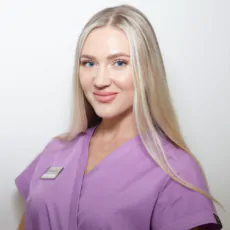

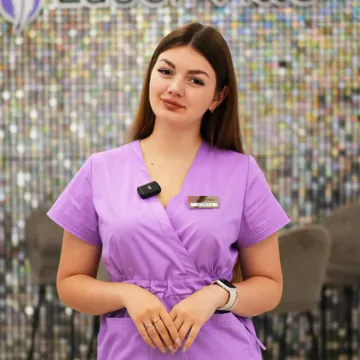
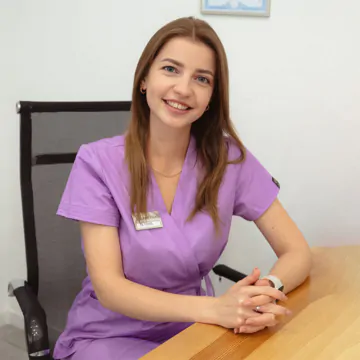
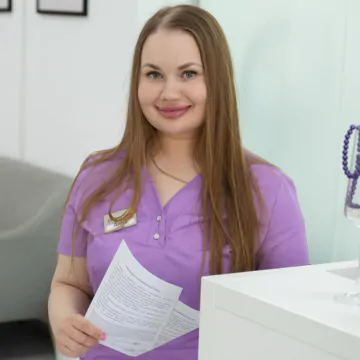
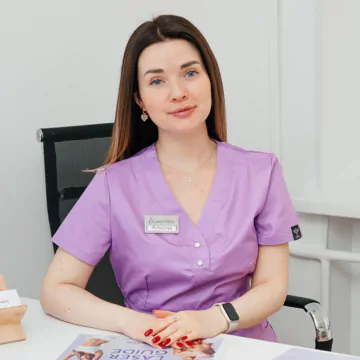
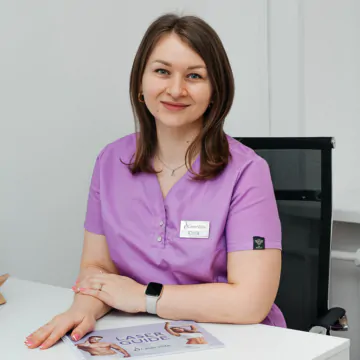

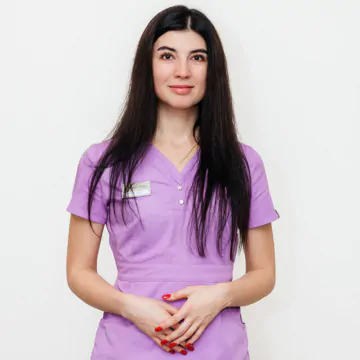


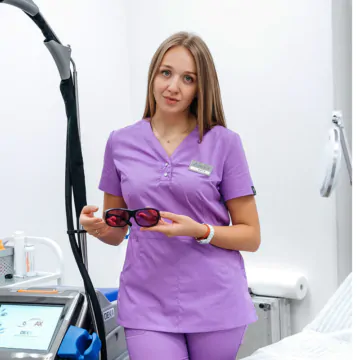
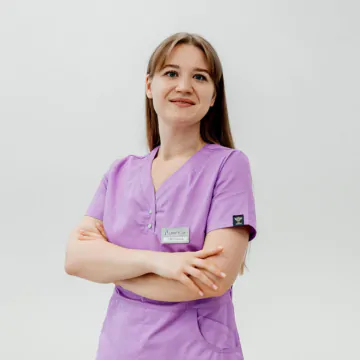
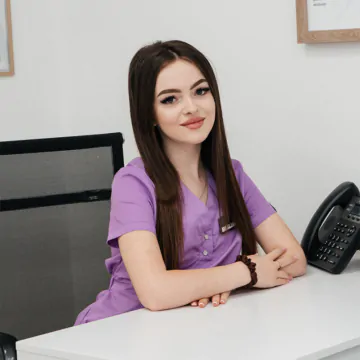

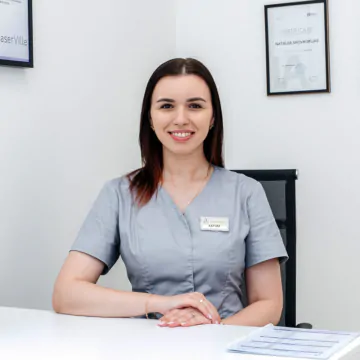
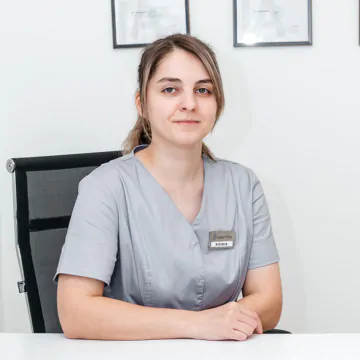
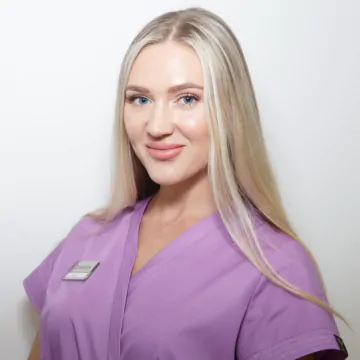
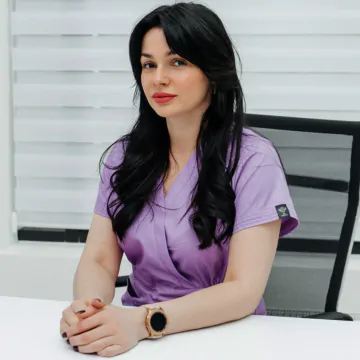

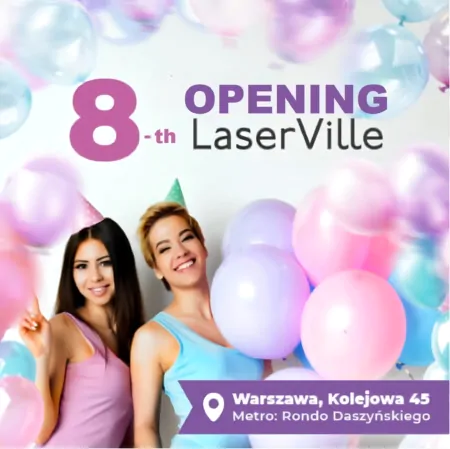

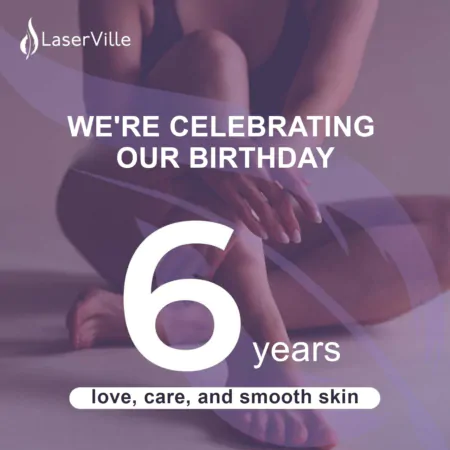
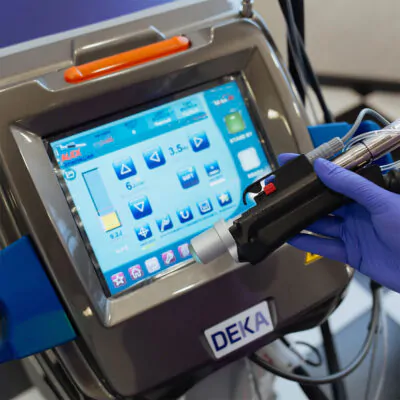

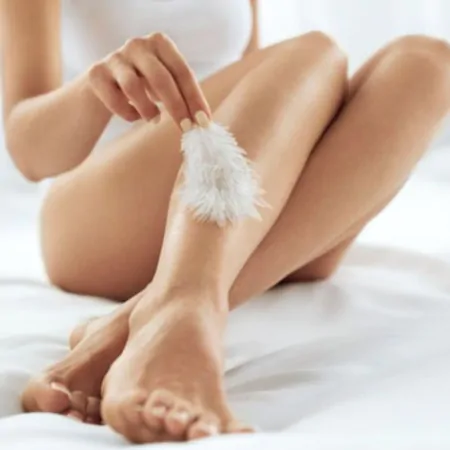
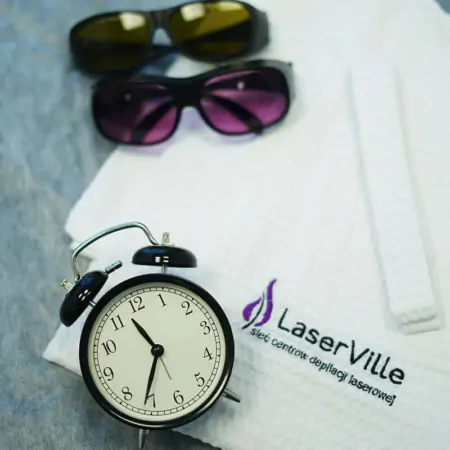
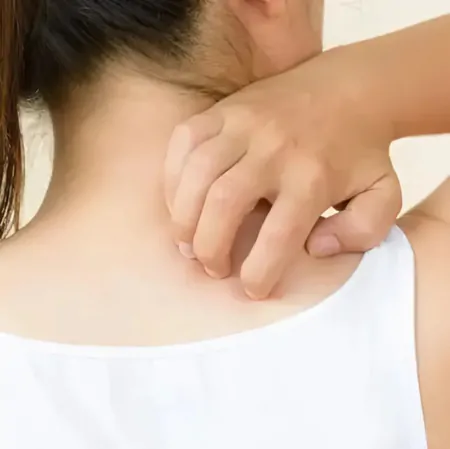
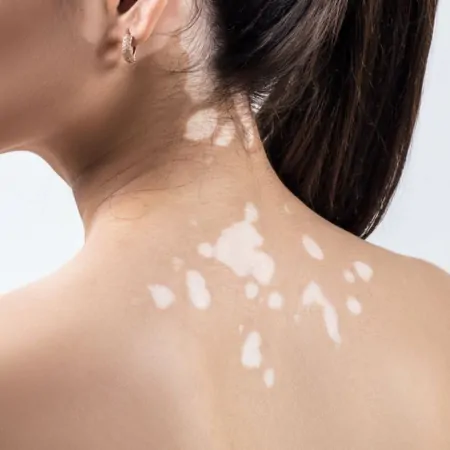


No reviews